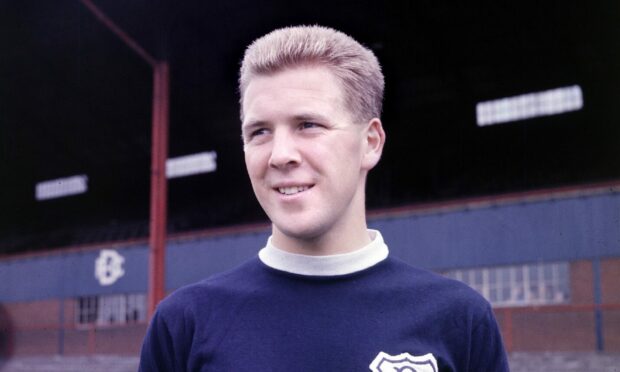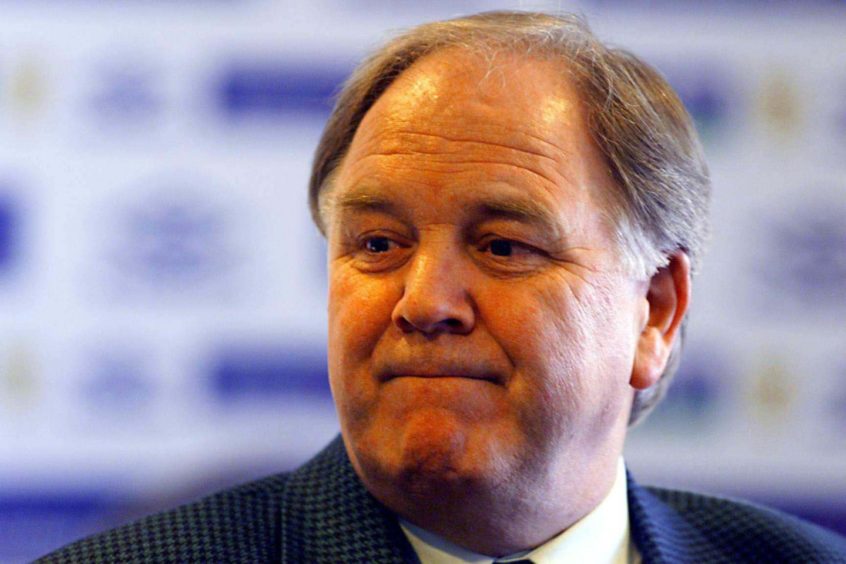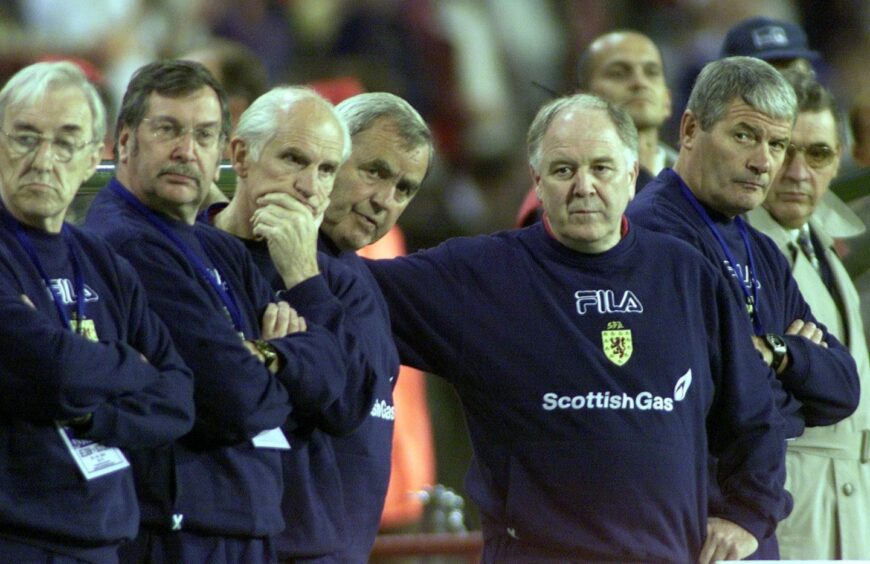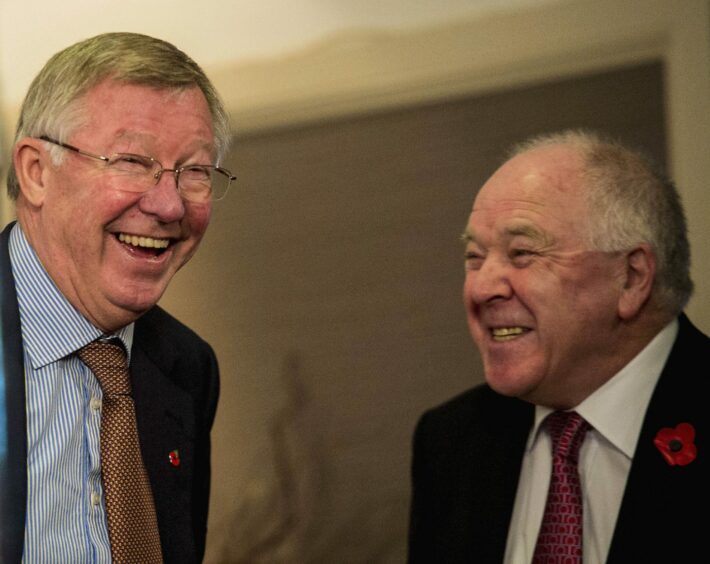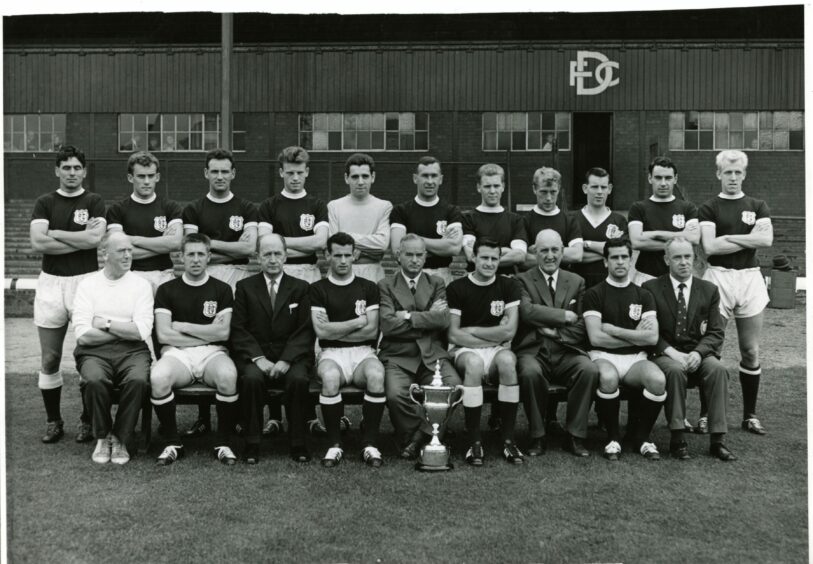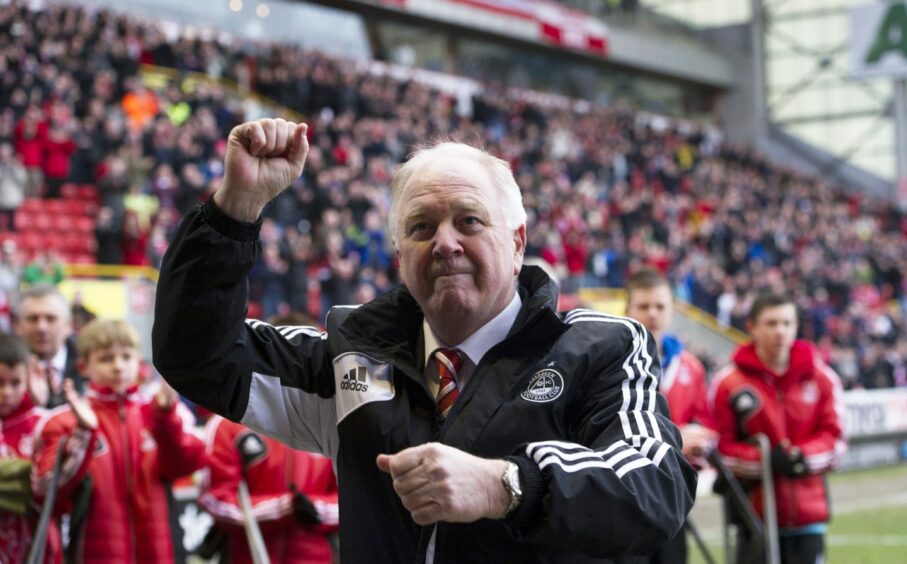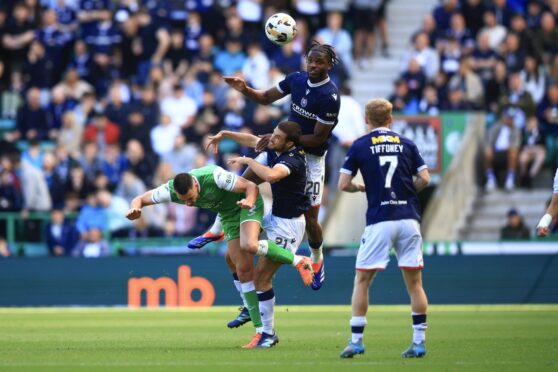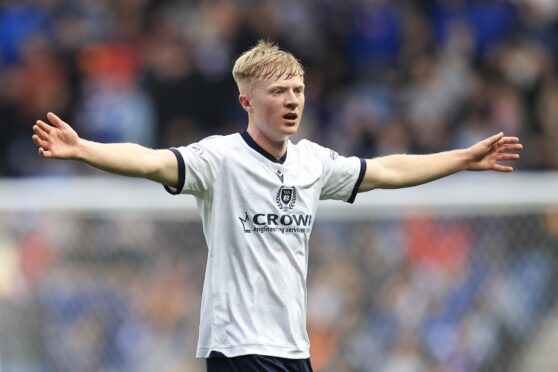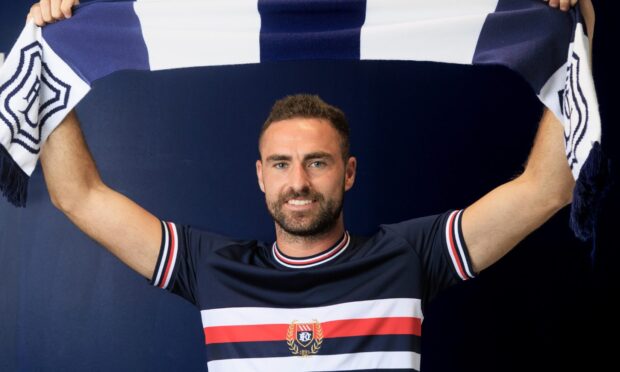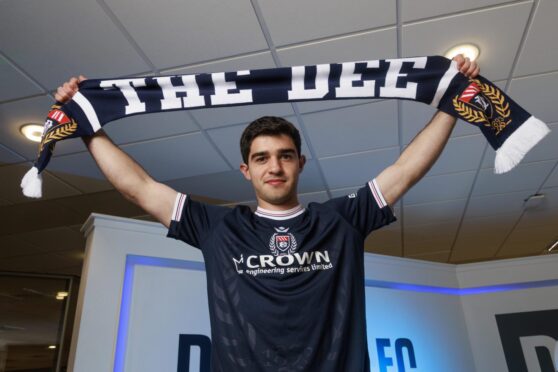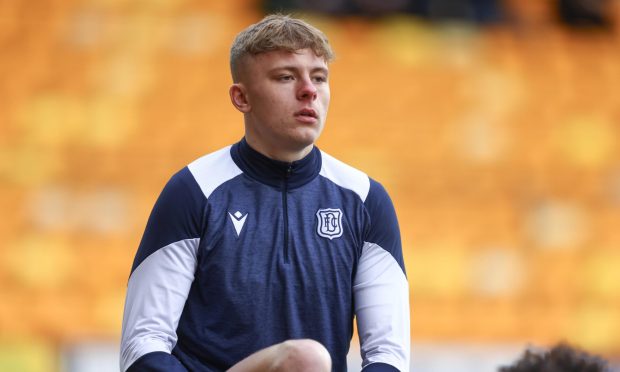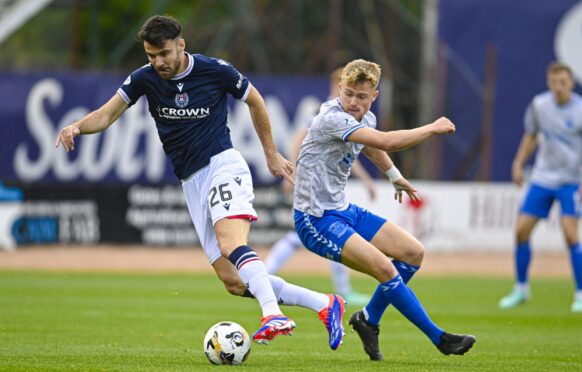Craig Brown, part of Dundee’s 1962 league-winning squad, led Scotland to two major tournaments and was involved in another three but it was only later that his services were truly appreciated.
The former schoolteacher succeeded where bigger names would go on to fail by taking Scotland to both the World Cup and European Championship.
Brown also led Scotland to an Under-16 World Cup final and a European Under-21 semi-final.
With his Scotland side built on a solid 3-5-2 formation, Brown’s critics often called for more flamboyance but his approach proved even shrewder with hindsight.
Brown was born in Glasgow in July 1940 and, with his father in the RAF, spent his early years living along with his mother at his grandfather’s house in the city’s Corkerhill area, where air raids were common.
Brown’s father, Hugh, was a major influence on his future career choices. The former Hamilton player was a PE instructor and held several roles, including director of training at Jordanhill education college.
The family moved around the west of Scotland until settling in Hamilton.
Brown was one of three brothers. Jock became a lawyer and football commentator who had a spell as Celtic general manager, and Bob was a Church of Scotland minister.
Brown represented Scotland schoolboys alongside Billy McNeill and Alex Ferguson and had a trial with Celtic before joining Rangers aged 17.
Teaching and injury worries
He combined playing for Rangers reserves with PE and primary teaching qualifications at Jordanhill but the left-half’s first-team route was blocked by the likes of Jim Baxter along with a niggling knee injury, which blunted his potential.
He had the first of five operations on his left knee after joining Dundee in October 1960, although he won a league winners’ medal in 1962.
Manager Bob Shankly delivered his bonus to his hospital bed, a gesture which helped inspire the respect Brown would go on to show as a manager himself.
Brown remained a peripheral figure at Dens Park and supplemented his income by working part-time as a teacher before joining Falkirk in 1965.
In 2020, he told The Courier: “Dundee holds a special place in my heart – there’s no doubt.
“I was Bob Shankly’s first signing after he arrived and I was his last transfer away before he left. Unfortunately, the team was so good I couldn’t get a regular game! I was always on the fringe of things.
“I did get a league championship medal though, which is still a prized possession.”
He added: “I’d actually had a series of knee injuries by the time I got to Dundee.
“It all stemmed from a bad initial injury early in my career, which wasn’t treated properly.
“That proved impossible to recover from completely, which is a shame, because I’m not saying I would have been Jim Baxter, but I might have had more of a career as a player.
“But that all happened before Dundee, and I really love Dundee Football Club and the city.
“It was a very, very happy environment when I was there thanks to the success of the club at the time. Mind you, successful clubs are always happy places.”
He quit playing in 1967, weeks after joining Stranraer, after being diagnosed with a bone disorder and arthritis in his troublesome knee.
Brown moved up the teaching ladder, becoming a headmaster in Uddingston and lecturer at Craigie College in Ayr, but football remained a major focus.
He coached school teams, had a role at the Scottish Football Association coaching centre at Largs, and a spell as a match reporter for The Sunday Post.
He became assistant to Motherwell manager Willie McLean in 1974 before becoming Clyde boss in 1977, retaining his lecturing post all the way. In nine years with Clyde, he twice led them to the Second Division title.
Brown accepted an invitation to form part of Alex Ferguson’s coaching staff at the 1986 World Cup and remained with the national team when new Scotland manager Andy Roxburgh asked him to be his assistant as well as under-21 manager.
Scotland qualified for the 1990 World Cup and the European Championship two years later and Brown was named manager in November 1993 after Roxburgh quit in the wake of failure to qualify for USA 94.
With media and fans expecting a big-name appointment, Brown had some sceptics to win over but Scotland only conceded six goals in 20 qualifiers during his first two campaigns as Scotland reached Euro 96 and the World Cup two years later.
Scotland came within a goal of qualifying for the Euro 96 knockout stages, before a 3-0 defeat to Morocco consigned them to another early exit at the 1998 World Cup in France.
Craig Brown led Scotland to Wembley victory
Brown led Scotland to victory over England at Wembley in 1999 but ultimately they lost out on the European Championship after an aggregate play-off defeat to Kevin Keegan’s side, and he resigned after missing out on the next World Cup.
Speaking in 2018, Brown said: “They might have sacked me, I don’t know. But I thought the fans were fed up with me, the Press were fed up with the same old guy.
“I’d had a right good innings. I think I did the right thing, I think they needed something fresh.”
Brown managed Preston for just over two years before being replaced by assistant Billy Davies, with whom he later worked with at Derby on a consultancy basis.
His club career looked long finished when Motherwell asked him to take over on a caretaker basis following the departure of Jim Gannon late in 2009. But he did so well he was offered the job on a permanent basis.
Within a year and at the age of 70, Brown left Fir Park following an approach by Aberdeen.
He steadied the struggling Dons but could not lead them to the top six in his two full seasons in charge and stepped up to a director’s role in May 2013.
He is is survived by his two sons, Hugh and John, and a daughter, Val.
